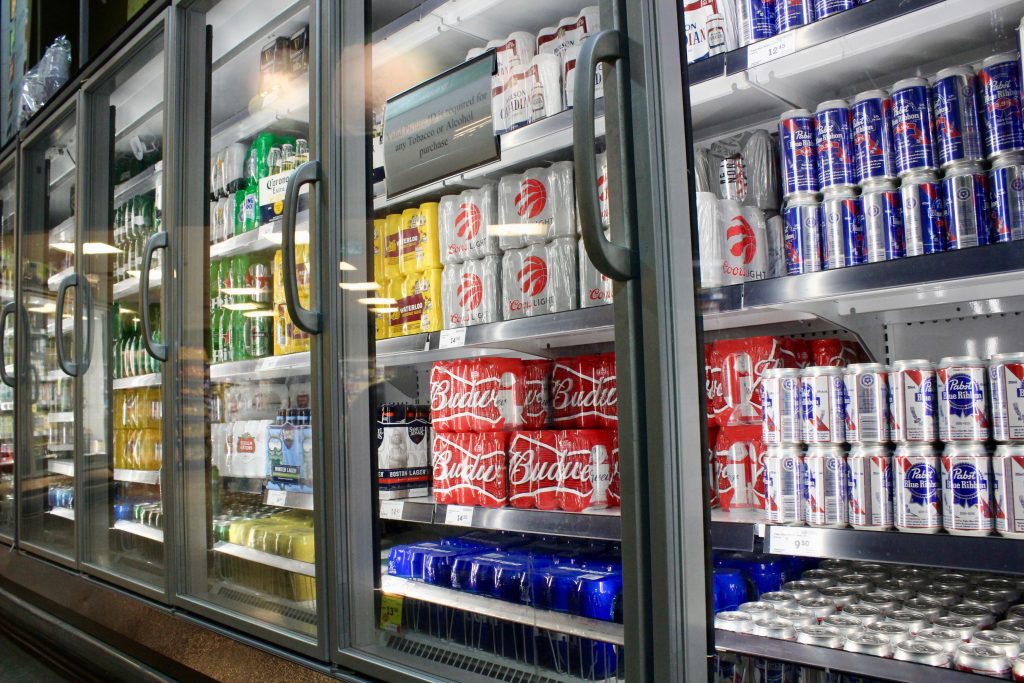Viewpoint: Consumers win with responsible liquor sales in grocery stores
By Rachel Jaskula 
Ontario’s Liberal government has announced that 87 additional stores across the province will be able to begin selling beer and cider starting in April, including nine more locations in Ottawa.
Currently, more than 200 grocery stores in Ontario can sell beer and alcoholic cider, along with 70 that also sell wine.
In Centretown, Massine’s Your Independent Grocer on Bank Street and Sobeys Urban Fresh on Metcalfe Street are among the stores currently selling alcohol.
The province is eventually planning to issue licences for the sale of beer and cider to up to 450 grocery stores, 300 of which will also sell wine.
From the province’s point of view, the reason behind the sale of beer, cider and wine at grocery stores is to ensure fairer competition and distribution of a popular consumer product among both independent and large, chain grocers in Ontario, according to ontario.ca.
Permitting grocery stores to sell liquor comes with a public responsibility regarding how it’s sold and who it’s sold to.
One concern has been keeping booze out of the hands of minors.
However, grocery stores, along with the LCBO and Beer Stores, are subject similar protocols when it comes to selling liquor.
Grocery stores must request government-issued photo identification of anyone who appears to be under the age of 19, according to the Ontario government’s website.
In addition, the Ontario government made it mandatory for those who handle beer or wine to be at least 18.
At the LCBO and Beer Stores, in fact, ID is requested for anyone who appears to be under 25. And in 2016-2017, LCBO staff refused to serve 250,000 under-age people who tried to purchase alcohol.
Every LCBO outlet required their employees to complete mandatory training that focuses on responsible service, judgment calls, alcohol problems and how to identify and handle these issues, according to its website.
Employees at grocery stores must also complete appropriate training in order to handle liquor sales and prevent minors from purchasing it.
Since grocery stores have to stick to a similar protocol as the LCBO and Beer Stores in terms of selling alcohol according to price, what time it is sold and so forth, requesting ID follows suit.
The majority of the licenses to sell alcohol have been granted to chain grocery stores and very few independent ones.
Almost 80 per cent of the licences to date have been given to stores like Loblaws, Metro Inc. Sobeys Inc. and Walmart Canada.
The newly identified grocery stores will be adding alcohol to a growing list of non-traditional consumer goods on their shelves, such as houseware and hardware, clothing and more.
And for the most part, Ontarians are happy that they can purchase beer, wine and cider while picking up their weekly groceries

